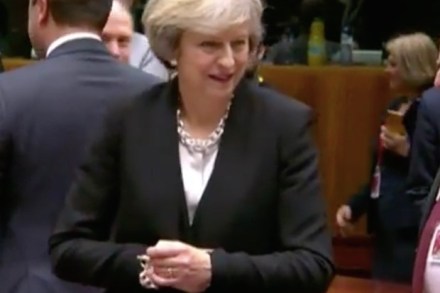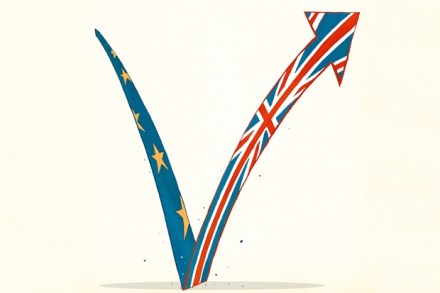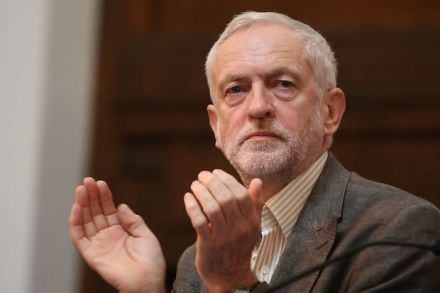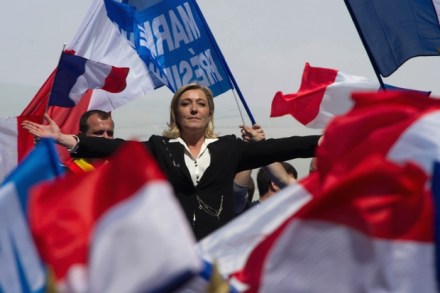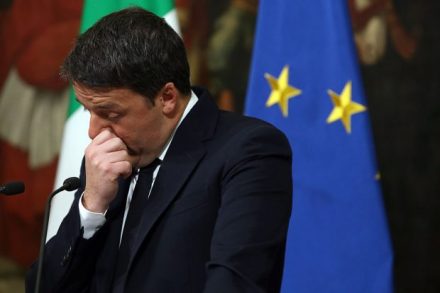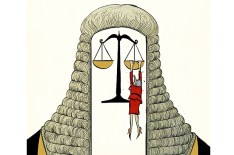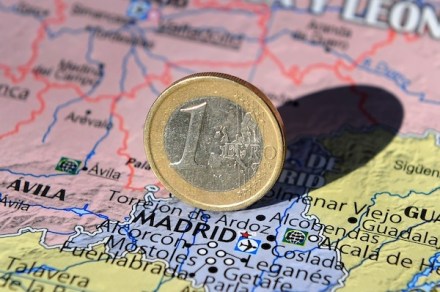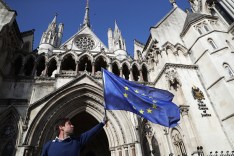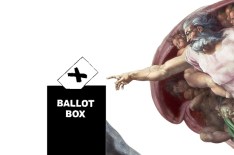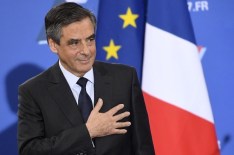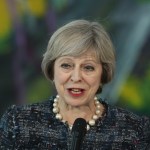Number 10 shows an odd lack of control at EU summit
Theresa May looking embarrassed and awkward as European leaders appear to make a point of ignoring her at last night’s EU summit is such a good symbol of Britain’s place in the world that Number 10 is going to struggle to shake it. The footage, of course, was rather selective, with other clips showing the Prime Minister deep in conversation with European colleagues. But the picture plays in to anxieties about Britain’s standing after Brexit, and also anxieties about whether May will really be able to sweet talk EU leaders into giving her the deal that she wants. The Prime Minister told leaders that she wanted an early deal on
